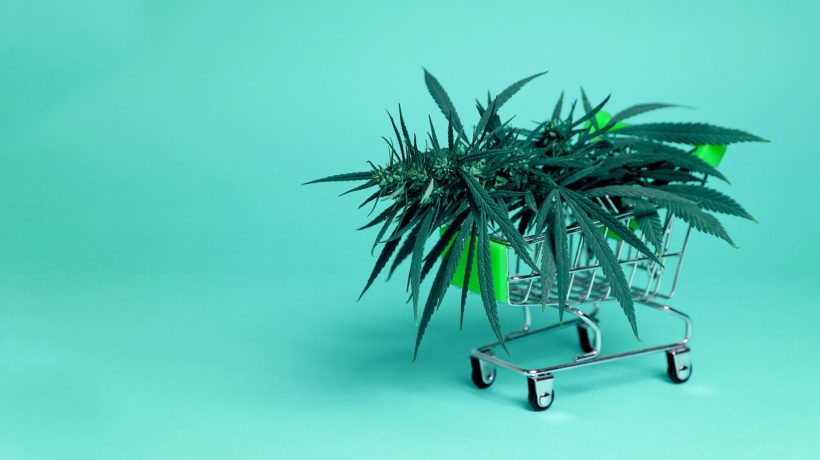Even back in the illicit days, the culture among local growers was often more co-op than corporate. While strains may have been proprietary, cultivation of the plant in general was not.
So growers shared tips on how to maintain healthier plants and run an environmentally sustainable business.
Giving was part of the culture’s DNA.
Now that the cannabis industry has gone mainstream with thirty-one states (as of August 2018) legalizing medical use—and nine of those permitting recreational as well—cannabis entrepreneurs and companies are looking to continue their tradition of generosity and give back to their communities as well as charitable services and organizations.
You would think handing out money to a worthy cause would be a no-brainer. But you would think wrong when it comes to green grown out of the Green Rush.
There has been reluctance among many municipalities and organizations to take money offered by cannabis companies. Sometimes it is a moral issue: There are still people who believe cannabis is dangerous.
Fair enough.
A new double standard
Then we get into the concern about ethical perception. Does taking money from the local dispensary tacitly condone use, even if cannabis is legal?
When Organa Brands president Chris Driessen wanted to give something back to the community in the form of direct charitable donations he was turned down by the American Cancer Society, Children’s Hospital Foundation, and Wounded Warriors.
The charities either declined or said they could only take the money if it was donated anonymously.
“The message was essentially you’re a drug dealer,” Driessen told Forbes. “It felt like a slap in the face; the optics were more important than helping the people.”
The double standard is obvious.

Many local bars sponsor kids softball teams and Anheuser-Busch has contributed more than $585 million to charitable organization through its foundation. Nobody has accused the recipients of condoning alcoholism.
But the sticking point is that liquor is legal everywhere and the federal government still considers cannabis an illegal, Schedule 1 drug. And therein lies the rub for many potential beneficiaries. Charitable organizations that receive federal funding worry that they could be cut off for directly taking money from a cannabis business.
Many believe that fear is unfounded.
While a majority of federal grant contracts include a condition stating that violating any federal law can result in forfeiture of the funds, there is currently no federal or state law prohibiting nonprofits from accepting gifts from cannabis businesses.
Brand new plant, same old stigma
Another impediment for some charities is that the cannabis business is all-cash, all the time because banks won’t deal with them. So not every nonprofit organization can, or will, accept cash donations.
The irony is, cannabis companies have already given millions to national, state, and local charities—through anonymous donations.
But in states where cannabis is legal, there is a desire to come out of the nonprofit closet.
Yes, some of that desire is to integrate cannabis into the mainstream and further brand the business, but it’s also to become an accepted, recognized part of the community by helping build a school or improve service at a neighborhood clinic or help the homeless.
To that end, the cannabis industry is finding ways to share the wealth by narrowing their focus to charities that use their services, such as organizations that provide veterans or medical patients cannabis for treatment. Also, would-be donors are seeking out known friendly turf.
In cities like San Francisco and Denver, many municipal-funded nonprofits are thrilled to receive donations for everything from veterans groups and local homeless shelters to public parks. For example, O.penVape and Colorado Harvest Company teamed to donate $250,000 to build an amphitheater in Denver that will host fifty free concerts every summer as well as other events.
As the cannabis industry grows, so does public acceptance, which will ultimately drive changing perceptions. While it may take years – if not decades – to reverse the stigma that’s been bestowed on cannabis, educating yourself and others is one of the most effective ways to combat in your own circle of life.
Start by knowing the ever-expanding list of medical conditions that can benefit from cannabis, or educating your friends and family about how it’s helped those in pain who, otherwise, may have had to take damaging and powerful opiates and NSAIDs.
In order to effectively give back where it counts (money), we have to first give back an education in cannabis and all it has to offer.



